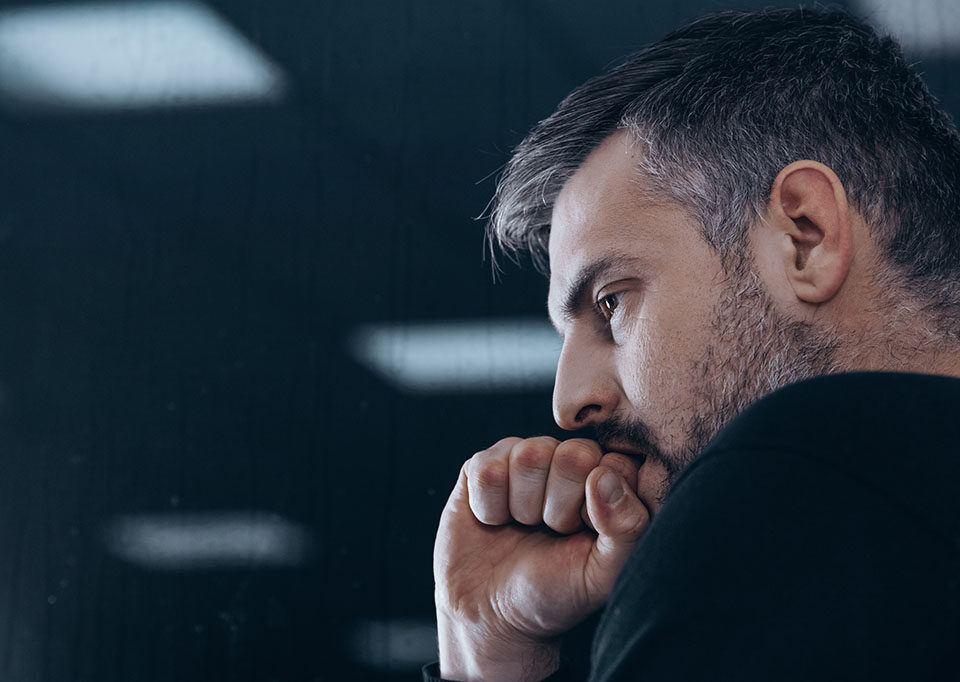When a person is battling an addiction, they are not the only ones that are being affected. The individual's family, friends, and peers can feel the residual damage for years.
This is experienced, most intensely, by their romantic partner. Whether they are married, living together, or just in a committed relationship, addiction can have a devastating effect on the party’s ability to enjoy a supportive and mutually beneficial partnership. There can be lying and communication struggles during this time. Substance abuse can destroy a relationship if nothing is done to make amends, as well as properly treat the disease. Addiction treatment for couples is like a traditional therapy session for partners; however, there are certain aspects that really hone in on how the addiction has affected both people.
Helping your partner through addiction treatment can include participating in a couple’s addiction therapy, which will allow you to heal together and make sure both perspectives are heard during the recovery process. Banyan Chicago provides individualized addiction treatment programs for those who are currently struggling, and we can help mend broken relationships along the way.
First: What Is Couples Therapy Exactly?
This refers to a form of psychotherapy that focuses on the intimate factors involved in a relationship. It is intended to address a wide range of issues that could be affecting either or both partners. In the case of addiction, while it is the responsibility of the individual seeking treatment to maintain their sobriety, doing so does not magically erase the patterns of broken trust that are hallmarked by this illness. Consideration must be given to all those affected, especially in as intimate of an arrangement as a committed relationship, and this is done in several ways.
You Can Recognize Enablement
When a member of a relationship has an addiction, one of the easiest ways for it to negatively affect their partner is for there to be a pattern of enabling. This can look different for everyone. In some cases, the partner could be the one to purchase or financially support the addicted party's habit for fear of what would happen if they did not. They could also feel compelled to protect their partner by keeping secrets that cause more damage than good.
Other signs of enabling include:
- Avoidance: Rather than confronting the issue at hand, some people will elect to look away from a problem. While this may work in the short term, it can exacerbate the issue.
- Denial: It is never fun or easy to admit to a problem. But if either individual, addicted or not, refuses to accept that a disease is present, it can lead to a cycle of denial that can have detrimental effects overall.
- Resentment: Loving someone with an addiction can be a debilitating cycle, and if one's own needs are consistently pushed to the side, a sense of resentment can develop.
- Minimizing the problem: Like denial, this form of enablement seeks to avoid the realities at hand. If you find yourself constantly making excuses for or diminishing the addictive habits of a loved one, this can continue to affirm the idea that what is happening is ok.
- Sacrificing one's own needs for the benefit of their partner: Whether it is done financially, mentally, or physically, it can be easy to lose sight of the ways our loved one's actions are affecting us.
During the couples' treatment, both partners will learn about enabling behaviors and how to avoid them. By focusing on setting boundaries in relationships, our counselors will aid in replacing the negative patterns with more beneficial ones for all involved. Couples' addiction therapy works to get rid of these damaging behaviors, as well as strengthen their communication skills moving forward.
You Will Work Through the Issues Stemmed From Addiction
There can be many emotional issues that were created as a result of substance abuse, and therapy will allow both partners to feel comfortable expressing their emotions and how they were personally affected.
Some ways that addiction can harm a relationship include:
- A rise in arguments about addiction and the habits it involves, like staying out late, a lapse in fulfilling responsibilities, financial issues, and similar.
- Drinking or using drugs becomes the only thing a person can talk/think about.
- Isolation from friends and family due to a need to hide addiction or destructive habits.
- Escalation to domestic violence.
Of course, when physical altercations begin to break out, it is a clear sign that intervention is needed. Whether a person is intoxicated should not and does not ever excuse them from taking out their frustrations physically on another. Talking through these experiences with a therapist in a moderated space is important for the relationship to mend and move forward.
How to Move Forward at Our Illinois Drug Rehab
What we want those reading this to understand is that there is always hope moving forward. Our Chicago addiction treatment center offers excellent couples therapy programs that will identify the instances discussed above and allow patients to evaluate the best steps moving forward.
Our couple's treatment centers will continue to support the addicted patient and their partner through a variety of effective therapy methods, while care levels like our Chicago IOP will help to teach them how to best manage their sobriety moving forward. This will be most effective when sessions between the partners are established.
Once both individuals have put all their emotions on the table, it is time to establish how the relationship can move forward in the healthiest way possible. There needs to be work put in by both partners to set the foundation for a happy future. It is possible to mend an unhealthy relationship even when addiction is present. Couples' addiction therapy will allow both partners to grow through the recovery process.
Banyan Treatment Center provides Illinois addiction treatment programs for all who suffer. Contact us today for more information on how we can help. Call us at 888-280-4763. We can help!









